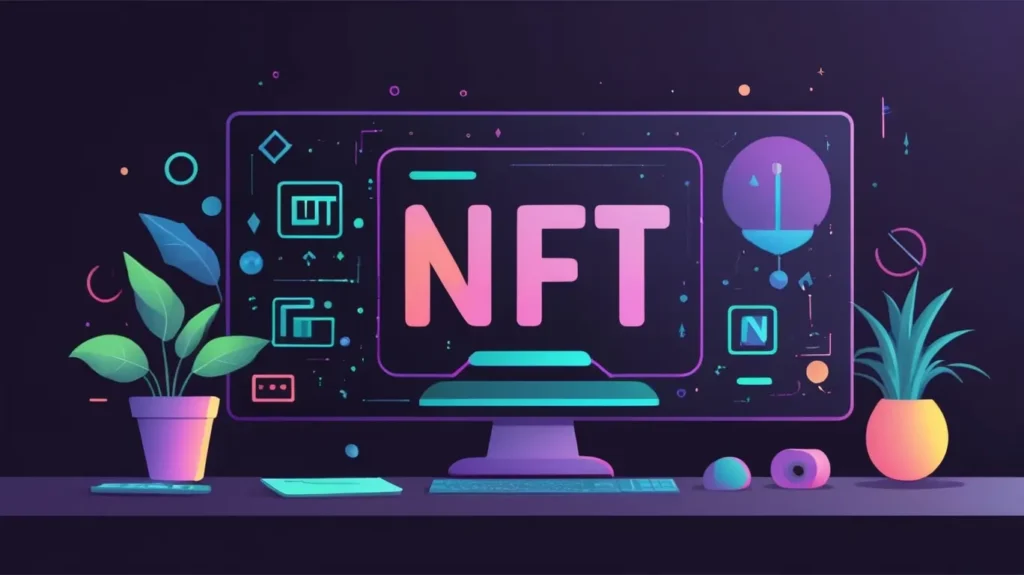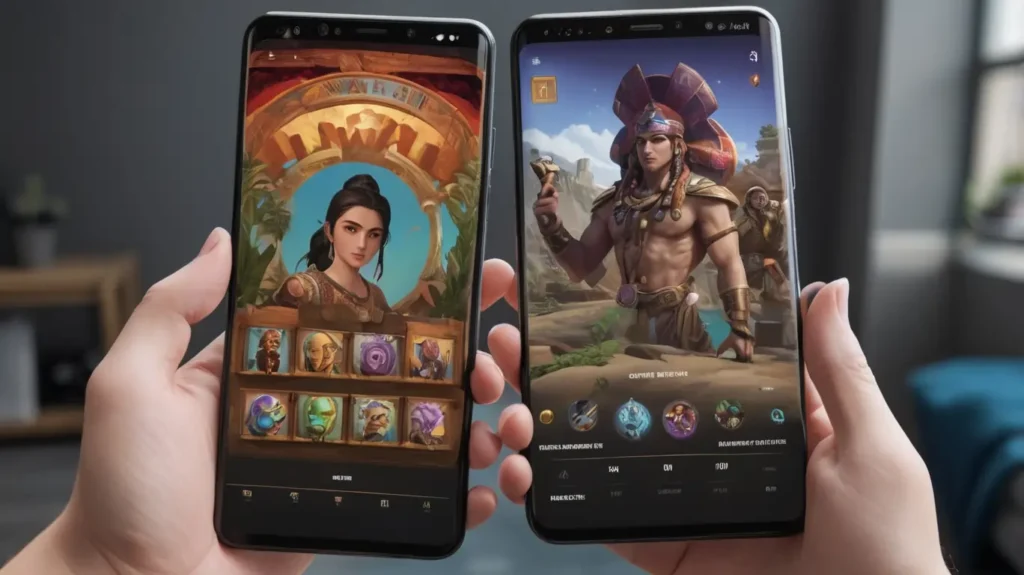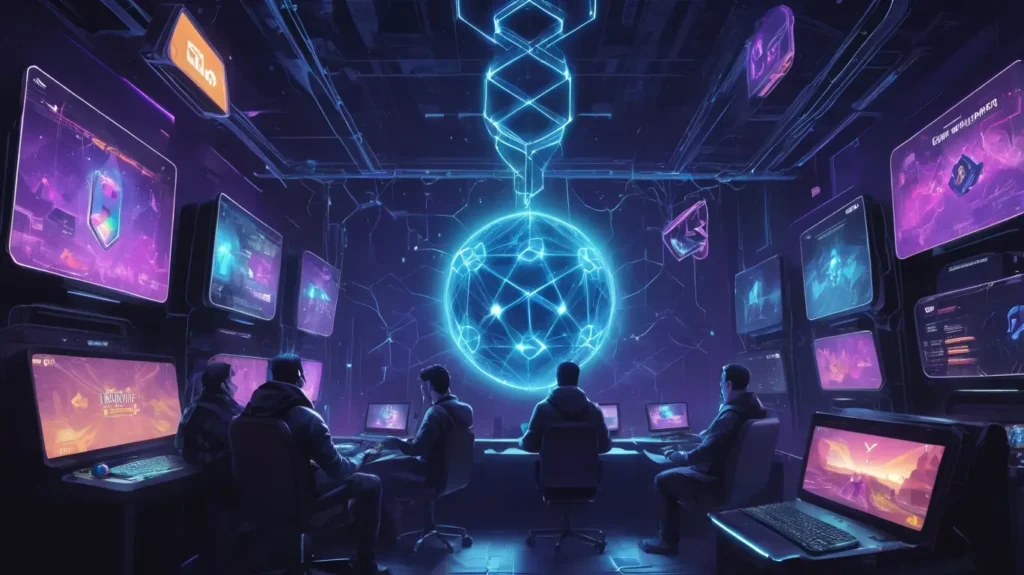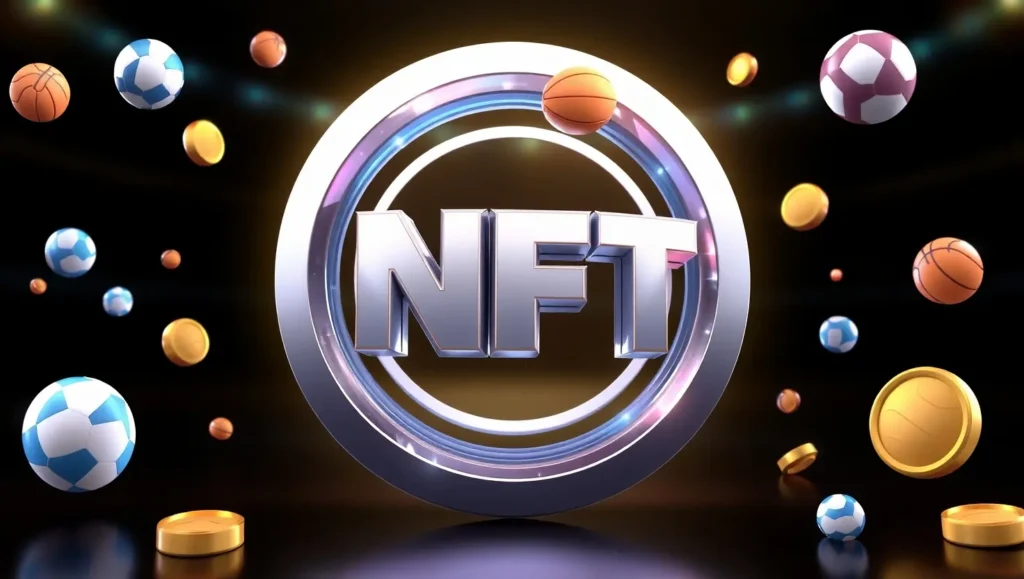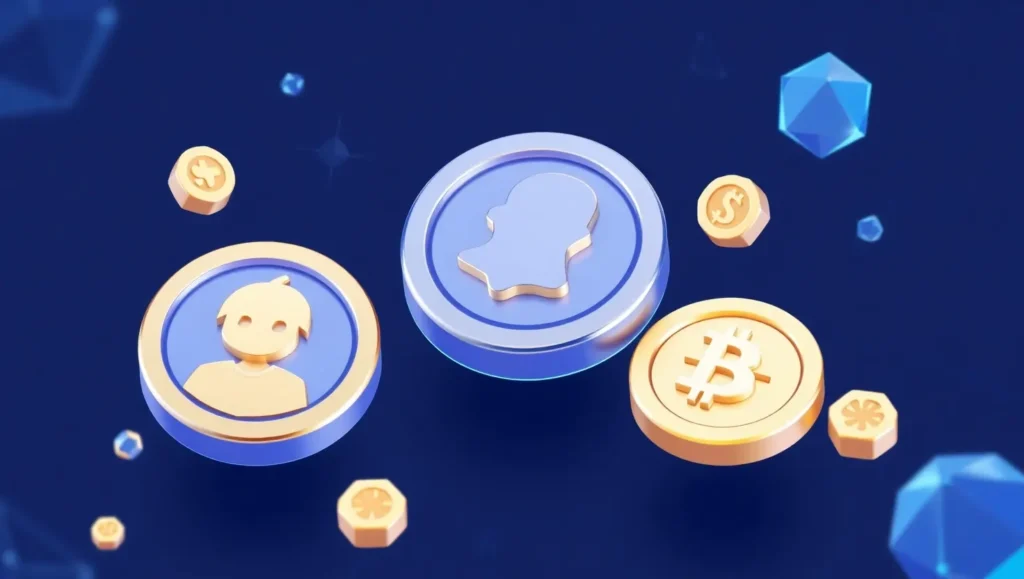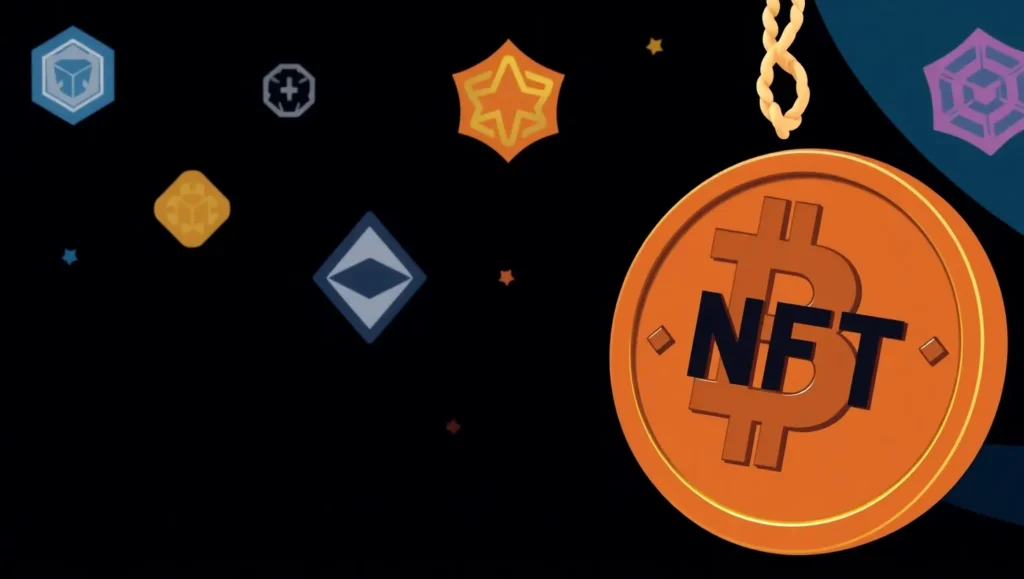Few innovations have stirred as much excitement and potential as blockchain.
Yes. Few.
Originally designed to support cryptocurrencies, decentralized ledger technology is now making significant strides across various industries, particularly in gaming. The convergence of blockchain technology and gaming has created new opportunities for both developers and players, enabling unprecedented levels of ownership, engagement, and economic potential.
As we explore this dynamic intersection and the impact of blockchain on the gaming industry, it becomes evident that the industry is not only embracing blockchain but also undergoing a transformation as a result. The growth and investment trends in blockchain gaming are noteworthy; investments in blockchain games have reached impressive figures, highlighting a rapidly expanding market that is capturing the attention of investors and gamers worldwide.
Understanding Blockchain Gaming
Before we get down to the details of the subject, what is blockchain gaming?
In its simplest form, it may be used to describe games that rely on blockchain technology to ensure, validate, and enable in-game transactions and interactions. This is usually made through one-off digital assets, or non-fungible tokens (NFTs), including virtual game items or avatars, or an entire virtual world.
In this model, ownership of game assets is managed through blockchain technology. Unlike traditional gaming structures, where players merely lease the rights to use digital items, blockchain allows players to become true owners of these assets. This shift represents a significant change, enabling players to buy, sell, or trade their items in a marketplace independent of game developers. This new system benefits players and encourages greater engagement in the game, making it more dynamic and lively.
Benefits of Blockchain in Gaming
Ownership of Virtual Assets/Estate
Consider this: the weapon you recently acquired in your favorite RPG is not merely a temporary enhancement to gameplay; it is an actual asset. This concept aligns with blockchain technology. By using specific tokens, players can establish a verifiable claim to in-game assets. This ownership allows players to buy or sell these assets on various markets, potentially earning money and thereby enhancing their gaming experience.
In addition to this, the impact of blockchain on the gaming industry is significant because it allows players to earn money. As long as a game incorporates this system with real financial transactions, players will be more engaged. Gamers are moving beyond simple gamification; they are investing both time and money in games to earn a return on their investments.
Play-to-Earn Models
The play-to-earn model is another groundbreaking part of blockchain games. Another element that makes blockchain games unique is the play-to-earn concept. This model alters the relationship between the player and the developer since they are able to gain real-world value from gameplay. Tokens or assets can be obtained when players accomplish quests, engage in battles, or participate in any other game activities.
This economic transformation is a game-changer. It redistributes value, enabling players to share in the financial success of the games they love. In communities where these models thrive, players often recount stories of turning gaming into a significant source of income, altering their lifestyles and perspectives on work and leisure.
Secure and Transparent Transactions
Blockchain technology brings unparalleled security and transparency to in-game transactions. Each transaction is recorded on a decentralized ledger, minimizing the risk of fraud and ensuring trustworthiness. Players can engage in purchases with confidence, knowing that their assets are secure.
Moreover, on the impact of blockchain in the gaming industry, this transparency can lead to a healthier gaming environment, as developers cannot easily manipulate markets or assets without community oversight. For us gamers, knowing our investments are safe fosters a sense of community and trust in the developers we support.
Interoperability Across Games
One of the most exciting prospects of blockchain gaming is interoperability. Imagine being able to use your in-game assets across multiple games within the same ecosystem. This means the rare armor you earned in one game could be used in another, creating a seamless experience and increasing the utility of digital assets.
Such interoperability encourages players to engage with multiple games, expanding their gaming experiences and fostering a vibrant ecosystem of interconnected titles. It’s an exhilarating thought that we can carry our achievements and assets with us, regardless of the game we choose to play.
Real-World Examples of Blockchain Gaming
Axie Infinity
Many game developers have partnered with blockchain technology due to its efficiency; Axie Infinity resembles a typical game with a strong economy. Users catch, train, and trade digital assets in the form of Axies, which are non-fungible tokens. Even more, the decentralized economy and the structures of the game involve users obtaining tokens to engage and boost their pets’ abilities. Lots of players have been able to turn their Axie investments into a good source of income, thus the effectiveness of the play-to-earn system.
Decentraland
Sneaking on the concept of Virtual Real Estate regarding the impact of blockchain in gaming industry, Decentraland enables players to buy, sell, and build on virtual plots of land. Due to blockchain, virtual plots are owned by players who can design experiences, host events, or even sell space. E-sports and the desire to possess virtual plots have become a trend where people switch from the vision of standard to virtual property ownership.
CryptoKitties
Being a digital pet-breeding and trading game, CryptoKitties became one of the first production examples of blockchain technology applications in gaming. CryptoKitties, because every kitty is an NFT that allows players to trade, purchase, and breed their kitties digitally. The game also served to illustrate the possibilities of non-fungible tokens as well as agitation over digital rarity and the prospects of other digital assets.
The challenges of blockchain-based gaming
In that regard, incorporating blockchain technology in the gaming industry is not without some challenges. The threat of new entrants to the operating field is still high because the technical barriers are still marked. By themselves, most developers designing games that utilize those features may not have an idea of how blockchain works. These factors may discourage the development of new ideas in the market and prevent their implementation.
Additionally, on discussing the impact of blockchain in the gaming industry, there’s a certain level of market resistance from traditional gamers. Many players are skeptical about blockchain gaming, viewing it as a gimmick rather than a legitimate evolution of the gaming experience. Bridging this divide is essential for the broader acceptance and growth of blockchain gaming.
Future Trends in Blockchain Gaming
As we look to the future, the potential for integrating Web3 into gaming ecosystems is vast. Web3 seeks to decentralize the internet, promoting user ownership and control over digital assets. This shift could lead to more immersive gaming experiences where players have a greater influence on the development and direction of their favorite titles.
Additionally, the incorporation of decentralized finance (DeFi) in gaming offers exciting opportunities. For instance, players could stake their in-game assets to earn passive income or participate in decentralized governance to help shape game development. These trends are not merely speculative; they are already in progress, signaling a future where gaming is closely linked with financial opportunities.
Afterwords
The impact of blockchain on the gaming industry is profound and multifaceted. We are witnessing a transformative shift that not only enhances player engagement and ownership but also introduces new economic models that benefit players and developers alike. As blockchain gaming continues to evolve, it brings with it a host of opportunities and challenges, paving the way for a new era in gaming. With vibrant communities forming around these innovations, the future looks promising. By embracing blockchain, we stand on the brink of a gaming revolution that will redefine how we play, own, and invest in digital worlds.
What are NFTs, and how do they work in gaming?
NFTs, or non-fungible tokens, are unique digital assets verified using blockchain technology. In gaming, NFTs can represent in-game items, characters, or even entire games, allowing players to own, trade, or sell these assets in a secure environment.
How does blockchain enhance security in gaming?
Blockchain enhances security by creating a decentralized and transparent ledger of all transactions. This minimizes the risk of fraud, ensures the integrity of in-game assets, and provides players with a secure environment for buying, selling, and trading.
Are there any risks associated with blockchain gaming?
Yes, there are risks, including market volatility and potential regulatory changes. Additionally, technical barriers may deter new players, and traditional gamers might resist the shift toward blockchain-based models. As with any investment, due diligence is essential.
